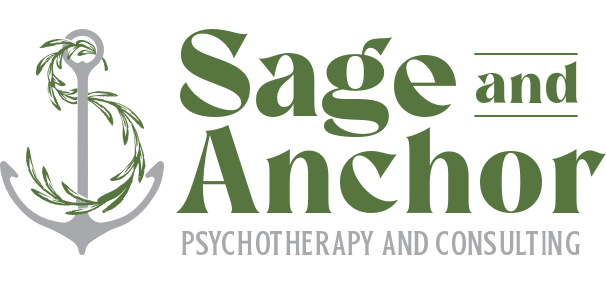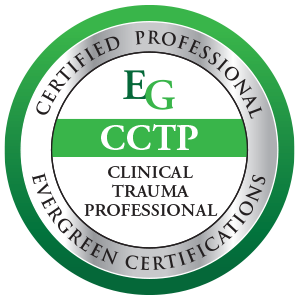The Importance of Psychoeducation in Psychotherapy
Psychoeducation is an essential part of psychotherapy, and plays an important role in the therapeutic alliance between client and therapist.
The primary goal of Psychoeducation is to create space where clients can feel empowered to take control of their lives, and manage their emotional well-being more effectively. This includes understanding how emotions work in order to identify patterns in behavior or thoughts that could be causing distress or difficulty managing stressors (e.g. school, relationships, work, responsibilities). Additionally, it is a way to help clients gain insight into why certain behaviors may not always lead towards desired outcomes, despite the best of intentions, which allows greater flexibility when problem solving difficult situations. By understanding the underlying causes behind emotional distress, or other psychological difficulties, individuals are also more likely to take proactive steps towards improving their overall wellbeing, instead of relying solely on medication or talk therapy alone for symptom relief.
Psychoeducation is a way of providing information to clients about the psychological aspects of their condition(s), including symptoms, causes, and treatments, and how it affects them. Psychoeducation helps individuals understand themselves better, so that they can make informed choices regarding their mental health care, and better manage their mental health.
Psychoeducation is often used alongside Cognitive Behavioral Therapy (CBT), where the therapist teaches the client new skills related to problem-solving techniques and healthy lifestyle habits, while also helping them become more aware of underlying thought patterns, which could be contributing negatively towards overall functioning. One key benefit of Psychoeducation is its ability to reduce stigma around mental illness by helping people understand why certain behaviors occur in response to stressors or triggers in life events, such as trauma or major life transitions. This helps create an atmosphere where individuals feel more comfortable discussing these topics without the fear of judgement from others. Another key benefit is that Psychoeducation has been proven to be helpful for reducing symptoms associated with PTSD, Depression, and Anxiety disorders, by educating clients about common signs and triggers related to each disorder.
Ultimately, through effective communication with the therapist, combined with evidence-based information tailored specifically for each client’s needs, Psychoeducation has proven itself to be an invaluable therapeutic tool in promoting healthier lifestyles – both physically and mentally, and reducing the stigma around mental health. Using effective methods for educating clients about psychology fosters increased motivation, while also providing structure and guidance during the recovery process. At Sage & Anchor, we believe in helping our clients begin their journey of self discovery, and grow into experts of their own thoughts, feelings, and behaviors.



